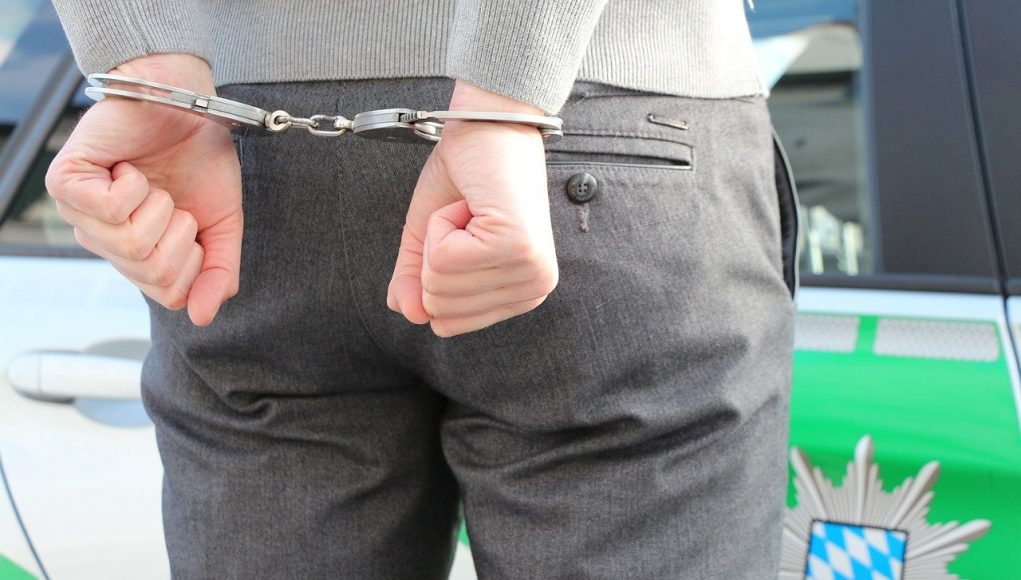A gentleman from Liverpool was wrongfully arrested following the death of his cousin. The police arrested him in his house for grievous bodily harm. The officers ignored his pleas including his request to get his medication before they left for the police station.
Despite all the information provided to them by the family of the accused, the officers ignored everything and still detained the alleged suspect for 12 hours. After his release, the gentleman filed a lawsuit against the police officers and the police force; they ended up paying him £5,000 plus legal fees. The cases filed against them were false imprisonment, assault/battery, trespass, and breaches of sections 6, 7, and 8 of the Human Rights Act.
For parking illegally, an American resident in Hastings, East Sussex, was gassed, attacked, and humiliated in the town centre. He was frightened of losing his job because he was only taking a break from work to get a birthday present for his child. Police detained him and made up stories about his aggressive actions, which were not accurate, as evidenced by one of the officers’ body cameras.
The gentleman was pinned to the ground, spit hooded, and leg restrained before he was detained for four and a half hours in the Hastings Police Station. The police denied the allegations but there was CCTV footage and an independent witness that served as proof of the cases filed against them.
The American suffered physical and psychological injuries from the incident. The police were eventually charged for police brutality, for which they paid the victim £25,000—initially £5,100 increased to £7,500 then to £15,000 and finally to £21,000.
Police complaints
The Independent Office for Police Conduct (IOPC) recorded close to 30,000 complaint cases about the police in England and Wales from 2019 to the end of January 2020.
Police officers are not allowed to discriminate, especially regarding race or color. They are not allowed to treat people unfairly and disrespectfully; police officers cannot abuse their powers. In addition, they also cannot use excessive force when arresting suspects or misuse the information they gather from you for purposes that go beyond police responsibilities.
The IOPC and the local Professional Standards Department of the police are responsible for investigating complaints and claims against police officers. Complaints can be made by persons related to the victim of the police misconduct, the victims themselves, witness or witnesses to the conduct, or a representative of the witness and the victim’s relative.
Police complaints are not limited to the police force. Complainants may also forward their grievances to the authorities regarding misconduct of the following:
- England and Wales police forces
- British Transport Police
- Ministry of Defence Police
- Police and Crime commissioners
- The National Crime Agency
- The Mayor’s Office for Policing and Crime
- Border and immigration officers
- The Gangmasters and Labor Abuse Authority
- Her Majesty’s Revenue and Customs
There is a broad list of complaints that can be made against the police. In recent years, the allegations that tallied the highest for England and Wales were “other neglect and failure in duty”. Ranking second is “incivility, impoliteness and intolerance”.
How to make police complaints
If you have been mistreated, wrongfully accused, or assaulted by the police or by any representative of the departments listed above, you may file a claim for compensation against them. You can be compensated in case you win the lawsuit.
The following is a list of some of the actions of the police that you can file a complaint for:
- Oppressive behavior
- Malpractice
- Breach of Police and Criminal Evidence Act 1984 (PACE)
- Lack of fairness and impartiality
- Discriminatory behavior (especially against mental illness)
- Neglect of duty
- Incivility
- Traffic irregularity
- Direction and control
- Other acts such as irregularity in procedure, improper use and access of information, and other sexual conduct.
The first step in registering a claim is to provide all relevant information regarding the incident. Your complaint letter must contain details on which police force your complaint is directed at, who was involved in the incident, the “who, what, why, when, where, and how,” and how the incident has affected you mentally and emotionally. Also, you have to include what outcome you expect from your claims against police officers.
You may also fill out an online complaint form on www.policeconduct.gov.uk/complaints-and-appeals/make-complaint.
If all else fails, find a solicitor or a legal firm that is an expert in dealing with taking action against the police. Contact the police complaints experts at Claim Experts. They might be able to help you persecute the officers that mistreated you and get you compensated for all the damages they caused.
















